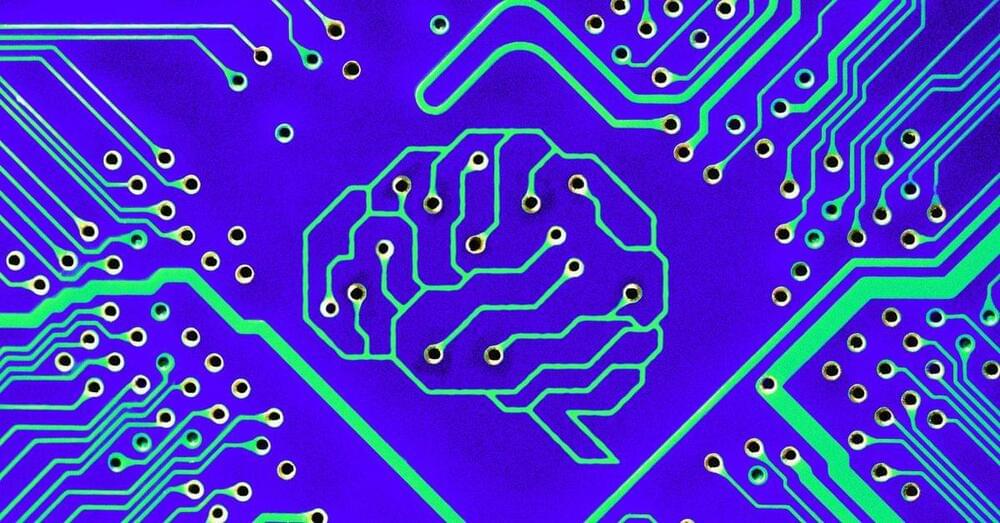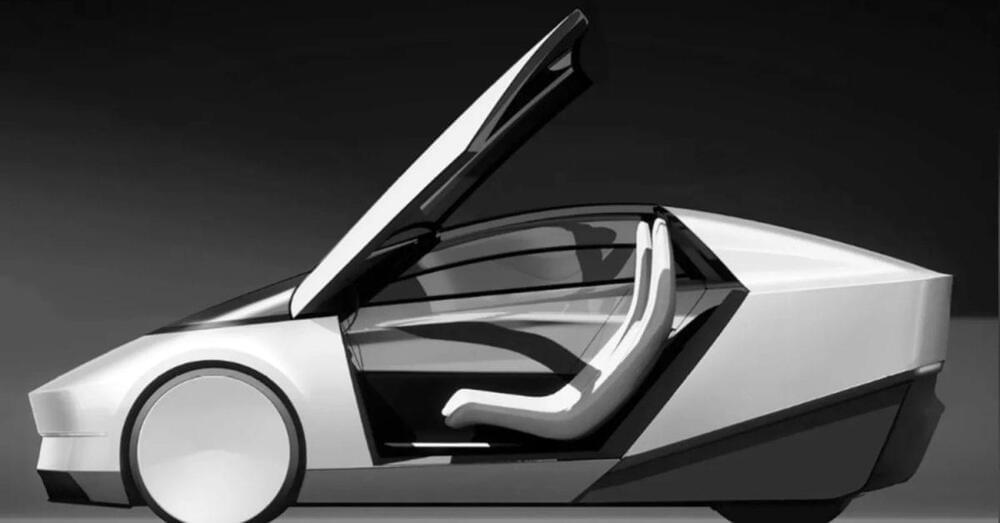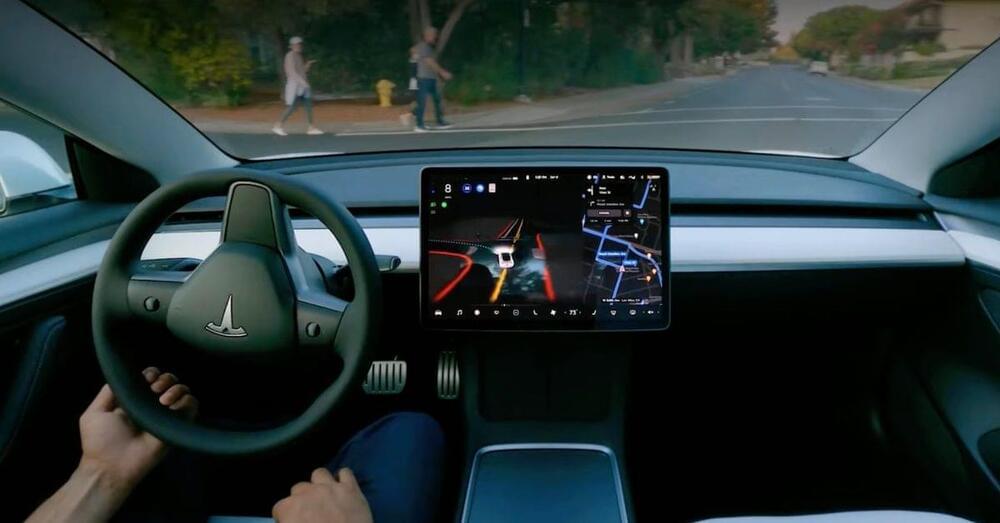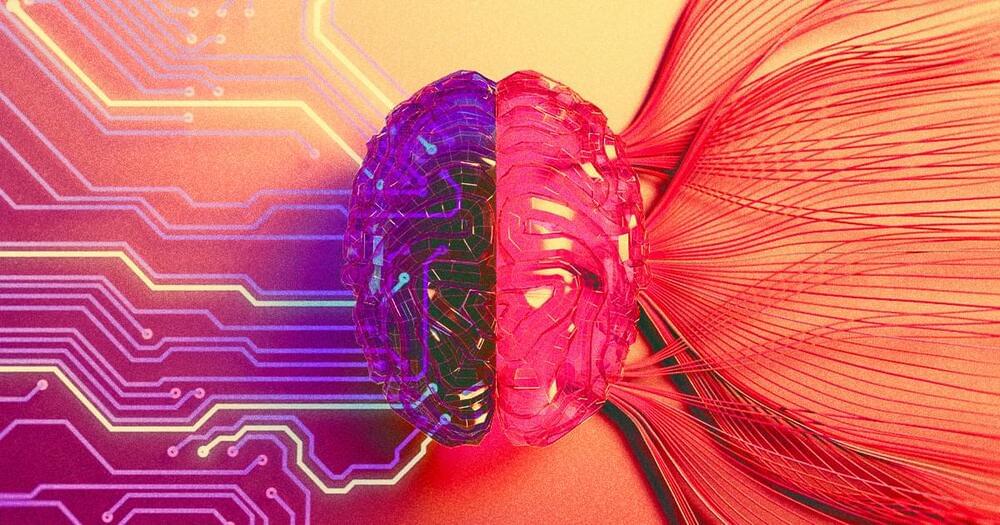Archive for the ‘robotics/AI’ category: Page 280
Apr 7, 2024
A conversation with OpenAI’s first artist in residence
Posted by Gemechu Taye in categories: futurism, robotics/AI
Alex Reben makes art with (and about) AI. I talked to him about what the new wave of generative models means for the future of human creativity.
Apr 7, 2024
China’s UBTech picks ChatGPT rival Baidu to brain-power humanoid robot
Posted by Gemechu Taye in category: robotics/AI
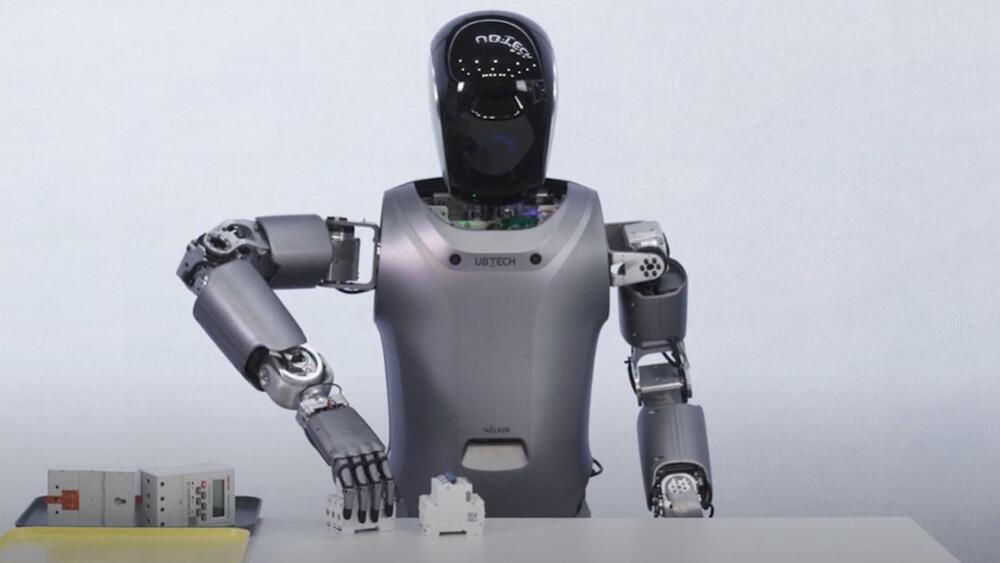
UBTech teams up with Baidu to enhance Walker S humanoid robot with natural speech and real-time reasoning capabilities.
Apr 7, 2024
Tesla is unveiling its new ‘robotaxi’ on August 8
Posted by Shailesh Prasad in categories: Elon Musk, robotics/AI, transportation
Tesla CEO Elon Musk announced that the automaker is planning to unveil its new ‘robotaxi’, a next-generation self-driving vehicle, on August 8th.
Apr 7, 2024
Tesla brings back Full Self-Driving transfer as incentive despite Musk’s ‘one-time offer’
Posted by Shailesh Prasad in categories: Elon Musk, robotics/AI, transportation
Tesla is bringing back its Full Self-Driving transfer program as an incentive to buy this quarter despite Elon Musk’s claim that it would be a “one-time offer.”
For years, Tesla owners who bought the up-to-$15,000 Full Self-Driving Capability package were asking for the capacity to transfer it when trading-in their vehicles for a new one.
The logic was sound: Tesla never delivered the self-driving capacity as promised. It only makes sense to allow owners to transfer the package to a new car for those who still believe that Tesla could eventually deliver through a software update.
Apr 7, 2024
Bipedal robot takes a beating, keeps on hiking
Posted by Shailesh Prasad in category: robotics/AI
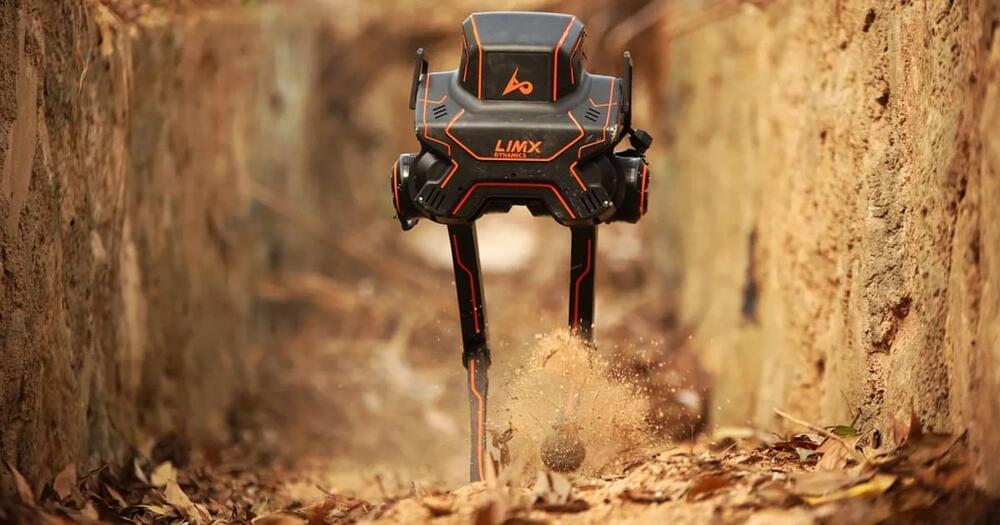
LimX Dynamics’s bipedal robot, P1, can keep its footing, even when traversing rough terrain unlike any it’s seen before.
Apr 6, 2024
AI reveals huge amounts of fraud in medical research | DW News
Posted by Zola Balazs Bekasi in categories: biotech/medical, robotics/AI

New detection tools powered by AI have lifted the lid on what some are calling an epidemic of fraud in medical research and publishing. Last year, the number of papers retracted by research journals topped 10,000 for the first time.
One case involved the chief of a cancer surgery division at Columbia University’s medical center. An investigation found that dozens of his cancer treatment studies contained dubious data and recycled images. Other scandals have hit Harvard on the East Coast and on the West Coast it is Stanford University. A scandal there resulted in the resignation of the president last year.
Continue reading “AI reveals huge amounts of fraud in medical research | DW News” »
Apr 6, 2024
A scalable reinforcement learning–based framework to facilitate the teleoperation of humanoid robots
Posted by Cecile G. Tamura in category: robotics/AI
The effective operation of robots from a distance, also known as teleoperation, could allow humans to complete a vast range of manual tasks remotely, including risky and complex procedures. Yet teleoperation could also be used to compile datasets of human motions, which could help to train humanoid robots on new tasks.
Apr 6, 2024
Researcher Startled When AI Seemingly Realizes It’s Being Tested
Posted by Kelvin Dafiaghor in category: robotics/AI
Anthropic’s new AI chatbot Claude 3 Opus has already made headlines for its bizarre behavior, like claiming to fear death.
Now, Ars Technica reports, a prompt engineer at the Google-backed company claims that they’ve seen evidence that Claude 3 is self-aware, as it seemingly detected that it was being subjected to a test. Many experts are skeptical, however, further underscoring the controversy of ascribing humanlike characteristics to AI models.
“It did something I have never seen before from an LLM,” the prompt engineer, Alex Albert, posted on X, formerly Twitter.
Apr 6, 2024
The convergence
Posted by Dan Breeden in categories: biotech/medical, quantum physics, robotics/AI
When looking into the future, there are a number of interesting trends, such as quantum computing, which may save lots of energy, or space travel, which is here to stay and will become more affordable. But what I find interesting is the development of computation with biological cells, and the ability to build computing systems, and robots, not from hard metals but from soft biological matter — mostly cells.
Look around you in “nature”- almost everything you see, all plants and animals are built from a single type of structure, a biological cell. They are all alike. Sure, cells vary as they adapt to their environments, but a cellular organism has the same building plan as any other cell. There’s the cell membrane, there is a nucleus, there are organelles and cytoplasm. There is DNA, RNA, amino acids to build proteins and peptides, lipids and sugars. Put together in predictable ways.
We are learning to use these systems to build anything we want from them. We focus on this because our bodies are made from cells, and we want to remain healthy. That is a strong incentive to study these systems. The convergence will happen when we relegate metal-based computing to the sidelines and focus on biological computing as our main systems. These biological cell systems are, incidentally, quantum computing systems. So the trends I mention — here on earth will converge, and only space travel will require the opposite — the need to shield biological computing from conditions in space.
